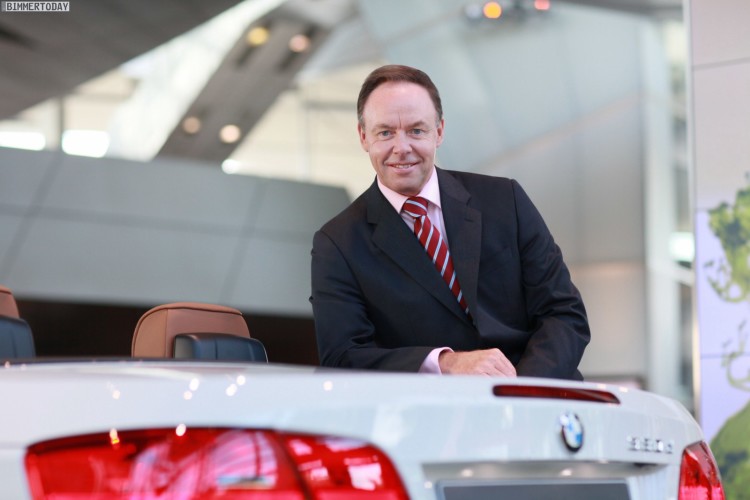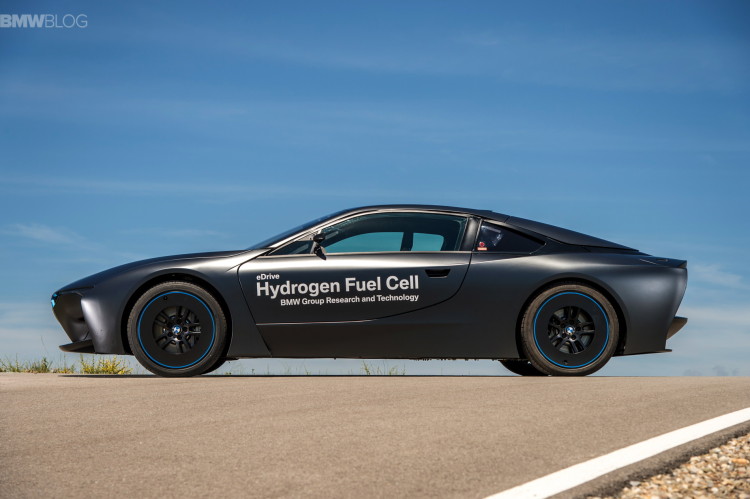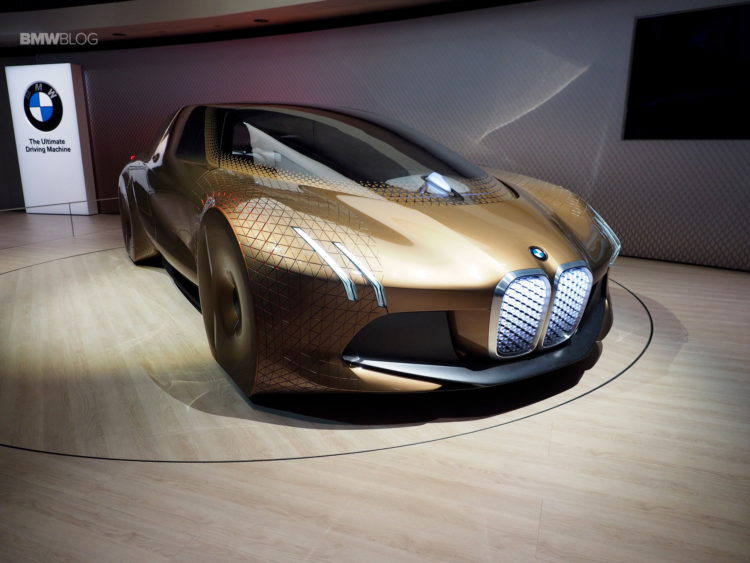There’s long been a debate on whether hydrogen fuel-cell or battery-electric vehicles are the best form of alternative fuel. Each side has its own camp of cheerleaders as well as detractors. We know that BMW has been working on both and doesn’t seem to back down from the idea that both can coexist in the automotive world. However, companies like Tesla seem to be fighting hydrogen with everything the’ve got. So why does BMW keep fighting for hydrogen, as well as battery-electric vehicles?
According to BMW Sales and Marketing boss Ian Robertson, it’s so the brand can hedge its bets on both.
“The question is where does advances in battery technology make the fuel cell less attractive. At the moment we know we can turn compressed hydrogen into electricity and you can fuel it within ten minutes, but the capacity of batteries and the recharging capability is moving very, very fast,” Robertson told Drive.com.au

BMW plans to develop and expand its iPerformance lineup of vehicles while investing new battery technology in the meantime. At the same time, the Bavarians also plan on introducing a new hydrogen fuel-cell vehicle within the next four years. So BMW seems to think that both alternative fuels can work and is investing in both so that whichever does end up working best, it has the tech to compete.
“Three of four years ago we thought that Lithium Ion had reached its peak, but that is not the case. Now we have Lithium Air, solid state batteries that are moving at a rapid rate, not just for cars but for any consumer electronic device that doesn’t have a cable attached to it anymore. There is an awful lot of deep research [going] into that field. Only time will tell when it becomes a matter of how quickly does its curve change the crossover point with the logistics and infrastructure of hydrogen.”
Robinson does admit that it’s likely that pure battery-electric vehicles are the long-term answer but cannot be certain of the future. Basically, what BMW is saying is “We don’t know what the future holds, so we’re hedging our bets”.
“Looking at it rationally, the battery is probably the way to go. But we don’t quite know the answers yet.” said Robinson.

It’s interesting, because hydrogen fuel-cells provide emission-free propulsion from the most abundant element in the known universe at a very low cost for the consumer while also offering incredibly short refill times. It sort of fits our current infrastructure already while solving the emissions problem altogether.
However, battery technology has also come along way, with solid state batteries offering a battery that’s five times more efficient than a traditional lithium-ion battery while being much smaller and lighter. They’re still incredibly expensive to make but that cost is coming down and will eventually become viable option for automakers.
On the flip-side, compressed hydrogen fuel can be expensive to make as well and hydrogen fuel-cells can be heavy. However, batteries are comprised of rare precious metals, cost a ton to mine/dive for and are also very expensive while not being as abundant as hydrogen. So there are pros and cons to both.

Robertson knows that there’s still time before we make the switch from the internal combustion engine to anything else as our primary form of propulsion. Until then, though, BMW will be betting on both.
“I think for the next 10 years we will see the combustion engine as the primary driver but at some point, maybe in the 10-20 year horizon we are going to see the combustion engine peak and start to go down. None of us really know the trajectory of that curve, so we want to have the capability of playing in each one of these powertrain fields because when one runs up and one runs down is unclear.”
[Source: Drive.com.au]




































































